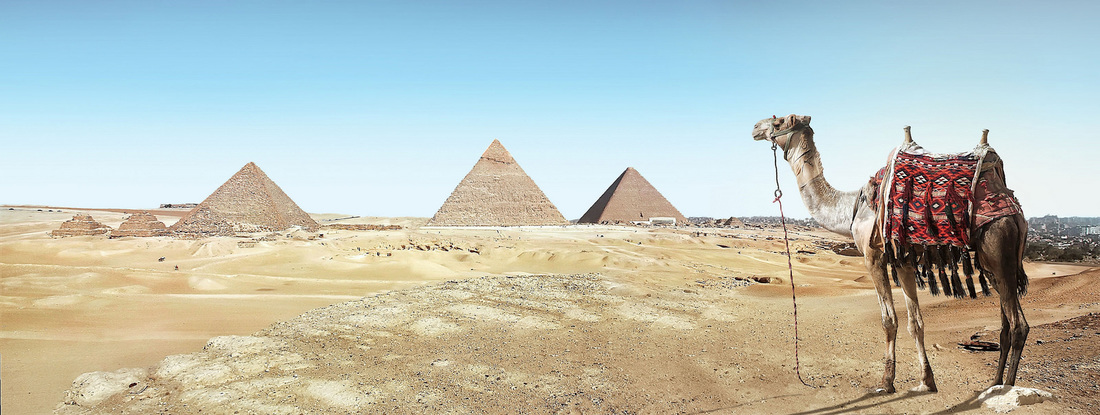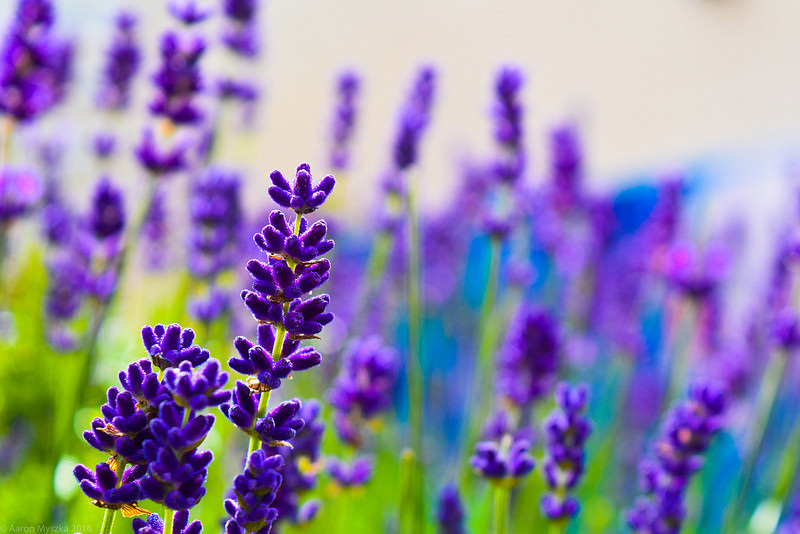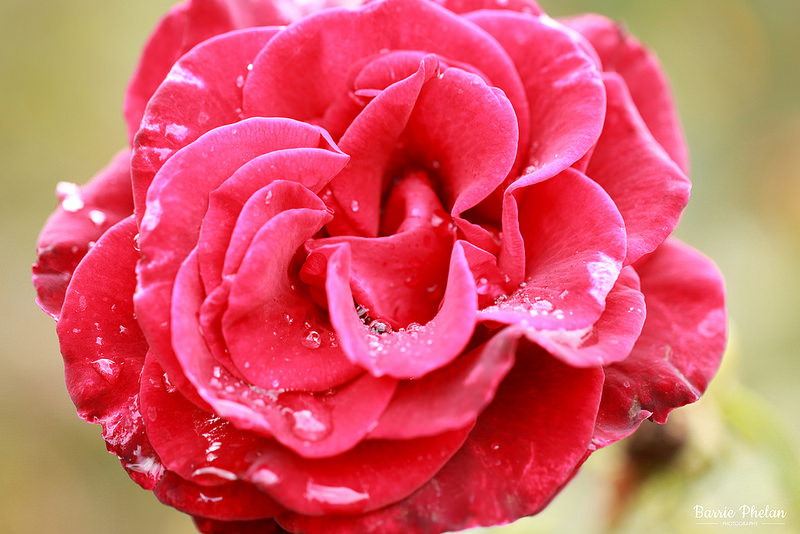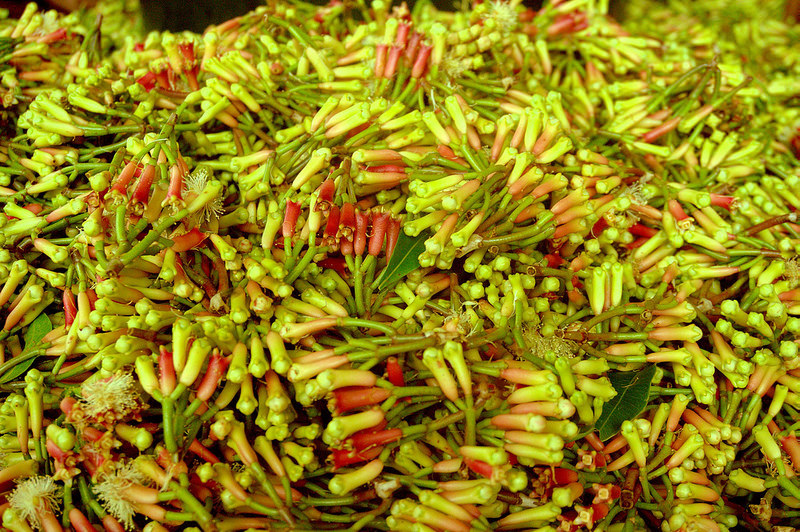-Essential oils should always come in a glass, darkly coloured (amber or cobalt usually) bottle. If they are in plastic, or regular clear glass, don't buy them.
-The oils need to be kept out of direct sunlight and away from heat.
-In Australia, and other western nations, there no real legislation for quality control on essential oils. A company can say '!00% pure essential oil' on the bottle, and yet have as little as 10% essential oil in there, with the rest of the liquid being made up of carrier oils, fillers or chemical counterfeits of the oil. Price is generally a good indicator. If the oil is very cheap, it's probably because the real oil is not what's filling the bottle! $2 bottles at discount stores are a good example of this. There is no way you can produce real quality therapeutic grade oil for $2 a bottle!
-There are several companies that produce quality, therapeutic grade oil that I know of. One is doTerra, whose oils we sampled at the class and another is Young Living.
-When choosing a diffuser, look for one that is ultrasonic. Candle powered oil burners heat the oil too high to maintain the therapeutic quality of the oil.
-It takes a lot of raw material to make an essential oil. For example, about 12,000 rose petals make up a little bottle of rose oil. This is part of why true oils are costly.
-Essential oil molecules are tiny, usually around 300amu. They penetrate your skin and within 20 minutes of applying them can reach every cell in your body.
-Decent essential oil companies will source their raw materially sustainably, and from a area where the plant thrives and grows well naturally. They will also harvest at the optimum time to ensure the best quality oil. They will also not use chemicals on the crops, as they will end up in the oil if they do.
-Essential oils statistically are very safe. They need to be kept out of eyes and ears and used sparingly internally, but compared with a lot of other medications out there, they're harmless.
One example is a Clove Mold Spray. Clove is highly anti-fungal and mold can't stand it!
All you need to do is mix 1 cup of vinegar with 5-10 drops of clove essential oil in a glass spray bottle. You can either use an old glass maple syrup bottle or get some from glassbottlesdirect.cart.net.au/epages/glassbottlesdirect.sf/en_AU/?ObjectPath=/Shops/glassbottlesdirect/Categories/CosmeticAroma
The Black Bean Brownie Recipe can be found here doterra.com/US/en/blog/recipe-black-bean-brownies
And the Olive, Feta and Rosemary dip recipe- www.do-essential-oils.com/en/recipes/feta-olive-spread
That blog that the black bean brownie recipe came from has loads of other free recipes, both food and cleaning/beauty that you can make up with your essential oils.
Over the years, we have tried essential oils on many different wounds and conditions. We've also used them on our animals (sheep and chickens...and even to control lice on our pigs when we used to have pigs). The success rate is high. There's not often a time we use the oils and don't solve whatever the problem we're facing is.
Particularly with a large family, we find the oils such a valuable first aid kit to have on hand. Some oils even stop bleeding! Once my eldest son accidentally swung a maddock into his younger brothers face. It wasn't pretty. But the bleeding lip was quickly fixed with helichrysum oil!
If you would like to know more, want to order some Certified Pure Therapeutic Grade oils, or want to find out how to get your own wholesale account for ordering your own oils, you can contact me (Racheal) through www.mydoterra.com/rachealcameron/#/




 RSS Feed
RSS Feed
